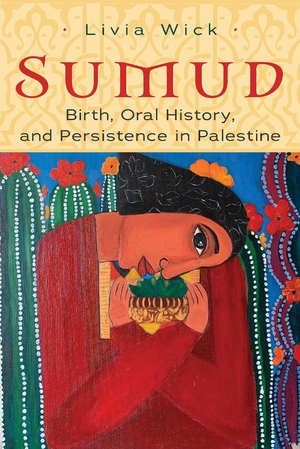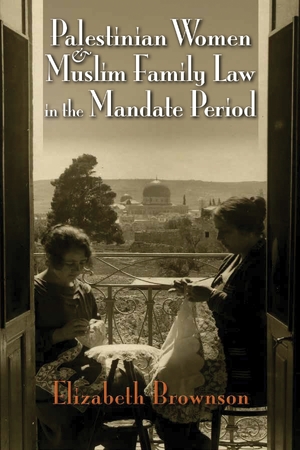"Ethnographically rich and insightful. . . . In addition to the engaging individual stories, the book includes important contributions on the history of Palestinian oral histories, the mapping of Palestinian health care institutions and movements, and the shifting history of hospital vs home births."—Rhoda Kanaaneh, author of Birthing the Nation: Strategies of Palestinian Women in Israel
"Wick’s nuanced ethnography of birth is a delight to read. The analysis is empirically grounded, theoretically informed, comparative in scope, and draws upon a rich trove of narratives as articulated by Palestinian women, midwives, and workers in the birthing infrastructure….A must-read for scholars and students of Palestine."—Lisa Taraki, Birzeit University
"Wick offers a superb examination of childbirth stories by mothers, medical professionals, and midwives. Her book illuminates institutional structures, Palestinian political histories, and the need to narrate losses, love and intimacy saturated by daily experiences of military occupation and border closures."—Susan Slyomovics, University of California, Los Angeles
"Wick’s research brings a new dimension to the reader that is equally compelling and illustrates a more in-depth focus of Palestinian narratives and experiences that is very much overlooked."—Middle East Monitor
Description
Sumud, meaning steadfastness in Arabic, is central to the issues of survival and resistance that are part of daily life for Palestinians. Although much has been written about the politics, leaders, and history of Palestine, less is known about how everyday working-class Palestinians exist day to day, negotiating military occupation and shifting social infrastructure. Wick’s powerful ethnography opens a window onto the lives of Palestinians, exploring specifically the experience of giving birth. Drawing upon oral histories, Wick follows the stories of mothers, nurses, and midwives in villages and refugee camps. She maps the ways in which individuals narrate and experience birth, calling attention to the genre and form of these stories.
Placing these oral histories in context, the book looks at the history of the infrastructure surrounding birth and medicine in Palestine, from large hospitals to village clinics, to private homes. As the medical landscape changed from centralized urban hospitals to decentralized independent caregivers, women increasingly carved a space for themselves in public discourse and employed the concept of sumud to relate their everyday struggles.
About the Author
Livia Wick is associate professor of anthropology in the Sociology, Anthropology, and Media Studies department at the American University of Beirut.
Related Interest
January 2023




